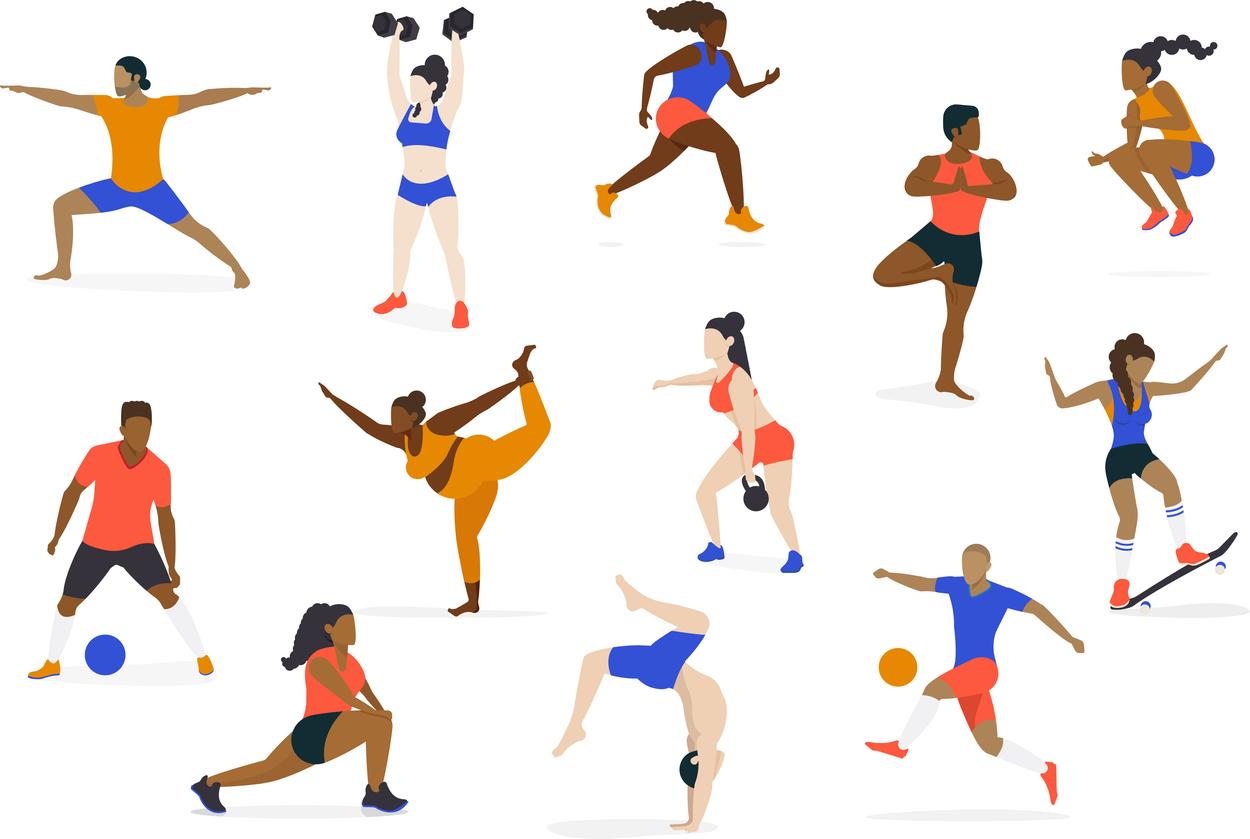Facial expression software helps determine which Olympic medal makes you happiest, while bronze sometimes makes you happier than silver.

- Bronze medalists are more likely to smile than silver medalists.
- Most of the silver medalists formed an upside comparison to the gold medalists while the bronze medalists formed a downside comparison to the fourth.
This Friday, July 23 begins the Tokyo Olympics. Until August 8, the greatest athletes will compete in more than 300 events to try to win the ultimate grail: the gold medal. If it brings the most positive emotion, the bronze medal sometimes brings more joy than silver. In new research, American scientists from the University of Minnesota have tried to find out why. Published in the Journal of Experimental Psychologytheir study shows the development of a facial expression software that really makes it possible to know which medal gives the most pleasure between silver and bronze.
Bronze makes you happier than silver
Researchers studied medal stand photographs of 413 athletes from 142 events, representing 67 countries, at the five Summer Olympics between 2000 and 2016. Using commercial facial expression software, they compared the facial appearance of the three medalists. This eliminates almost any possible bias by objectively observing different athletes according to a large number of factors.
The results replicated and extended what had been found previously: bronze medalists are more likely to display a smile than silver medalists. The gold medalists remain the happiest.
Two explanations
For the researchers, it comes down to two explanations, both based on what scientists call counterfactual thinking. First, most of the silver medalists formed an upward comparison to the gold medalists with thoughts like “I almost won the gold”, while the bronze medalists formed an upward comparison down with the fourth with thoughts such as “at least I won a medal”. Then the medalists form their thoughts based on their expectations when entering the event and the silver medalists are generally more disappointed because their performance expectations were higher than the bronze medalists.
“Now we have a better idea of why athletes who objectively did better, like those who won silver vs. bronze, might seem less happy.concluded William Hedgcock, lead author of the study. The notion of upward and downward comparisons applies not only to Olympic medalists but also to many aspects of life such as performance at work, school or when shopping, for example.”
.
















